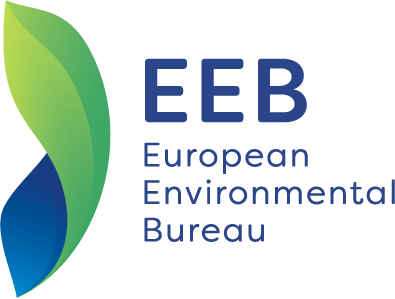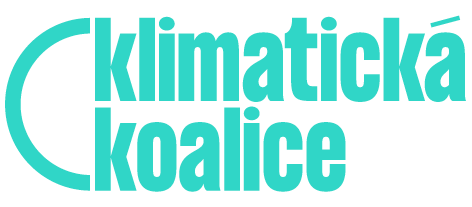New Greenpeace study shows children in particular endangered - From 1 September, fruits and vegetables with higher levels of pesticide contamination will legally be allowed onto the German market as a result of the European harmonisation of pesticide limits.
According to a study by Greenpeace and the Austrian environmental organisation Global 2000 published today almost 700 of the maximum amounts of pesticide in fruit and vegetables in future allowed throughout the EU are too high. The authorised pesticide contamination in apples, pears, grapes, tomatoes and sweet peppers in particular is often so high as to threaten acute and chronic damage to health, especially that of children.
"The EU Commission expects us to put up with more and more toxics in food," says Greenpeace's toxics expert, Ulrike Kallee. "It is endangering the health of its citizens - and children's in particular. The consumer minister Horst Seehofer (CSU conservatives) must immediately do all he can to see that the EU Commission revises its unsafe maximum amounts for pesticides." By being brought into line with maximum levels for pesticides in the EU, German limits are being replaced by EU limits which are mostly far higher.
The study examined the 170,000 pesticide limits laid down by the Commission according to the EU's own safety protocols. In 570 limits for fruit and vegetables the acute reference dose (ARfD) for children is exceeded.
Apples, pears and grapes are particularly affected. Almost 10 per cent of the limits for these are potentially damaging to health for children.
Long-term damage is also possible - 94 EU limits exceed the acceptable daily intake (ADI). When the ADI is exceeded there can be chronic damage to health such as cancer, disruption to the reproduction system or hormones. The ARfD and ADI are basic toxicological data which must be bindingly taken into account in setting limits.
"The EU Commission is ignoring its own safety standards," says Ms Kallee. "This is a scandal. Greenpeace recommends to consumers who want to avoid pesticides in food to buy organic food. Chemical pesticides are not allowed to be used in its production."
Greenpeace's study is based on the suit brought against the EU Commission at the European Court of Justice by PAN Europe environmental organisation. The authorities had before this rejected a request by PAN for the unsafe pesticide limits to be revised.
The report "The EU's unsafe pesticide limits / Die unsicheren Pestizid- Höchstmengen der EU“ is available at www.greenpeace.de


